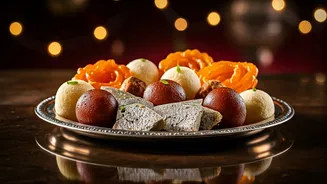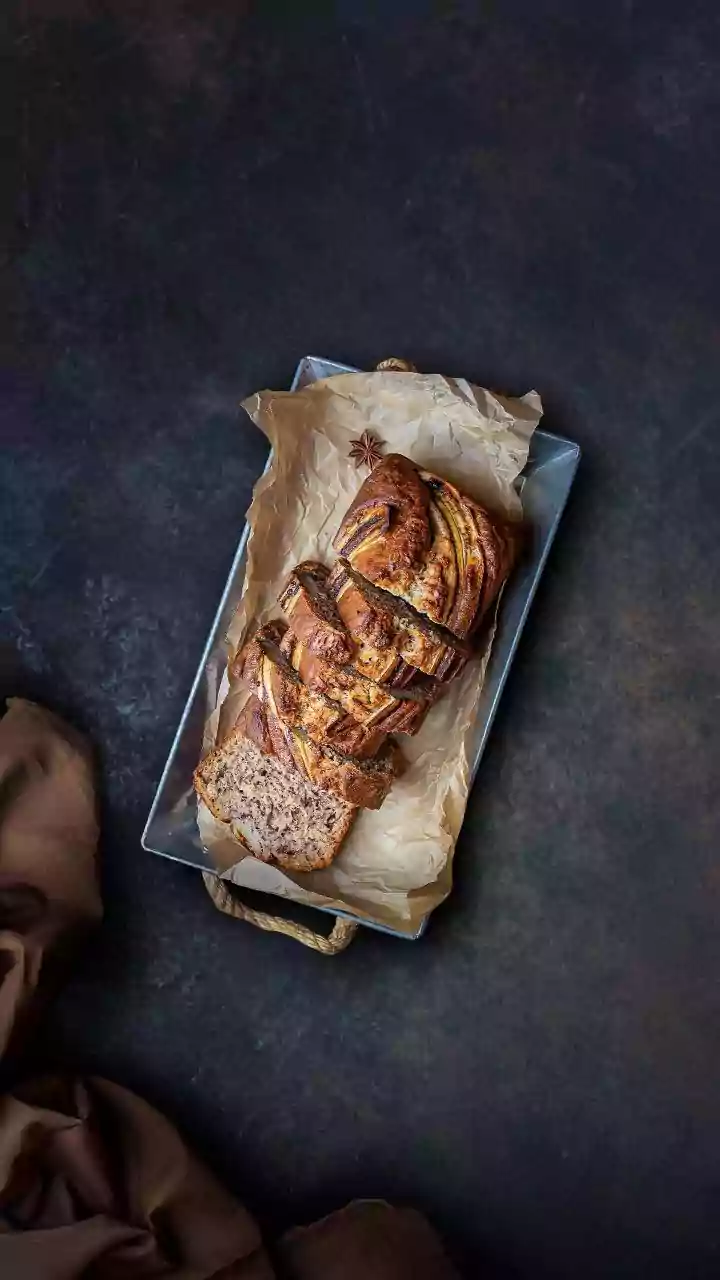UNESCO's Gastronomy Status
Jaipur's recognition as a UNESCO City of Gastronomy is a significant achievement, highlighting the city's commitment to culinary excellence and cultural
preservation. This designation acknowledges Jaipur's rich food heritage, traditional cooking methods, and the city's efforts to promote sustainable tourism through its cuisine. Being a UNESCO City of Gastronomy means Jaipur’s food scene is not just about taste but also about the history, culture, and community that shape it. The city actively works to protect and promote its food traditions, which include supporting local farmers, chefs, and food artisans, ensuring the survival of age-old recipes and practices. Furthermore, the UNESCO title draws both domestic and international tourists, creating economic opportunities for local businesses and promoting Jaipur's unique cultural identity on a global platform. It also means the city is dedicated to promoting food tourism, including food festivals, cooking classes, and culinary tours that allow visitors to experience the food firsthand.
Street Food Delights
No trip to Jaipur is complete without indulging in its vibrant street food scene, which offers a symphony of flavors at every turn. Start with the iconic pyaaz kachori, a crispy pastry filled with spiced onions, and the mirchi bada, a spicy chili fritter that packs a flavorful punch. The city is also famous for its delicious chaat, with options like aloo tikki, a fried potato patty topped with tangy chutneys and yogurt, and golgappe (pani puri), hollow puris filled with flavored water and a mixture of tamarind and potatoes. Another must-try is the kulfi faluda, a creamy dessert made of kulfi (Indian ice cream) and faluda noodles. These street food experiences not only satisfy hunger but also provide an opportunity to immerse oneself in Jaipur's lively atmosphere, where each bite tells a story of the city's culinary traditions and heritage. The bustling street corners, aromatic food stalls, and friendly vendors offer an unforgettable sensory experience for food lovers.
Royal Cuisine Experiences
Jaipur’s royal heritage is reflected in its exquisite cuisine, offering a taste of the regal past. Experience the rich flavors of traditional Rajasthani dishes, which were once the exclusive domain of royalty. Sample the succulent laal maas, a flavorful mutton curry cooked in a fiery red chili gravy, or the dal baati churma, a combination of baked wheat balls (baati), lentil soup (dal), and sweet crumbled bread (churma). Enjoy these dishes in an ambiance that evokes the splendor of the palaces and forts, often accompanied by live music and dance performances, enhancing the overall dining experience. Several restaurants and hotels in Jaipur offer specially curated royal thalis, providing a comprehensive sampling of various traditional dishes, including a wide array of vegetarian and non-vegetarian options. These experiences offer a glimpse into the lifestyle of the royals and the complex culinary processes that have been passed down through generations.
Sweet Treats Abound
Jaipur's dessert scene is as tempting as its savory offerings, with a vast selection of sweets catering to every palate. The traditional ghevar, a disc-shaped dessert made from flour, ghee, and sugar syrup, is a must-try. It is often served during festivals, particularly Teej. Also, don’t miss the opportunity to try the malpua, a deep-fried pancake soaked in sugar syrup, and the laddoos, available in numerous varieties like besan ladoo, motichoor ladoo, and boondi ladoo. These sweets are prepared using time-honored recipes, many of which have been passed down for generations, ensuring their authentic flavors. The sweet shops are often located in the old city, adding to the cultural experience as you savor these delicious treats. Whether you have a craving for something light and airy or rich and indulgent, Jaipur's dessert scene promises a sweet ending to your culinary adventure.
Food Trail Essentials
Embarking on Jaipur's food trail requires some preparation to make the most of your culinary adventure. Planning is key: decide on the areas and dishes you're most interested in, considering the city's diverse offerings. Prepare to visit popular food streets like Johari Bazaar, Bapu Bazaar, and Chandpole Bazaar, known for street food and traditional sweets. Explore a mix of experiences, from street food stalls to upscale restaurants, to understand the wide range of cuisine. Carry cash, as not all vendors accept digital payments. Stay hydrated, and be cautious about spicy foods if you're not accustomed to them. Try to visit during off-peak hours to avoid the biggest crowds and ensure a more relaxed experience. Finally, be open to trying new things and interacting with local vendors, as they often have the best recommendations and stories to share. This immersive approach will enable a genuine connection with Jaipur's vibrant food scene and culture.



















